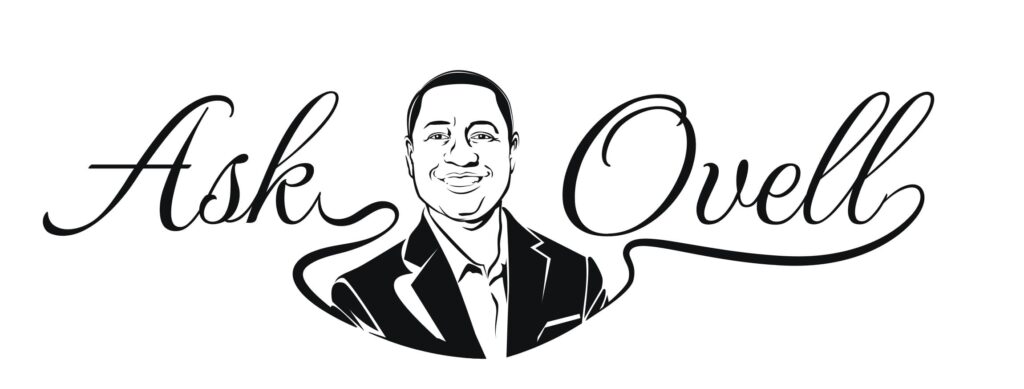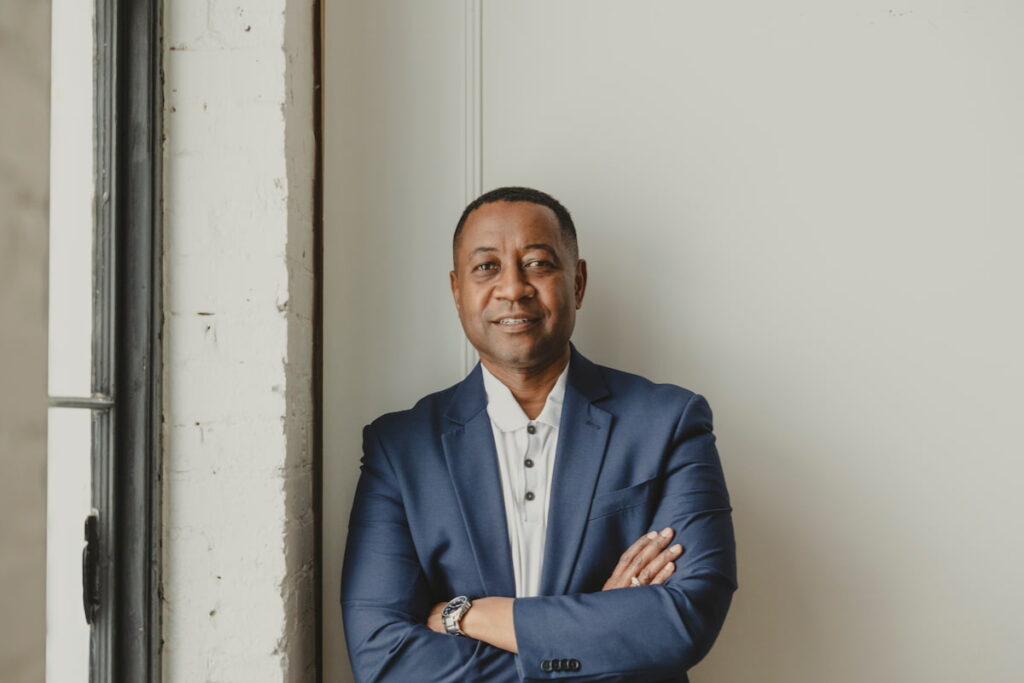
Ovell Barbee | Owner and Principal | Ovell Rome & Associates
Ovell Barbee is the Owner and Principal of Ovell Rome & Associates, widely recognized as a visionary leader in human resources. With a strong passion for diversity, equity, and inclusion, Ovell has held executive leadership roles in Fortune 500 companies across various industries, including Motorola, Blue Cross/Blue Shield, General Motors/OnStar, Spectrum Health (now Corewell Health), and Indiana University Health. Ovell’s journey in HR began as a recruiter, meticulously reviewing stacks of resumes. At EliteX, we are honored to spotlight Ovell Barbee as the leading figure in our ’10 Extraordinary HR Leaders to Watch in 2024′ edition.
Early in his career, he worked directly in compensation before embarking on a leadership path, primarily serving as an HR Business Partner at increasingly higher levels of responsibility. Born and raised in Grand Rapids, Michigan, Ovell’s grandparents moved to Michigan during the “Great Migration.” Excelling academically, he earned scholarships that enabled him to pursue a bachelor’s in communications and a master’s in social work from the University of Michigan, Ann Arbor, and a master’s in labor relations and human resources from Michigan State University. Ovell is a proud Wolverine, enthusiastically cheering, “Go-Blue.”
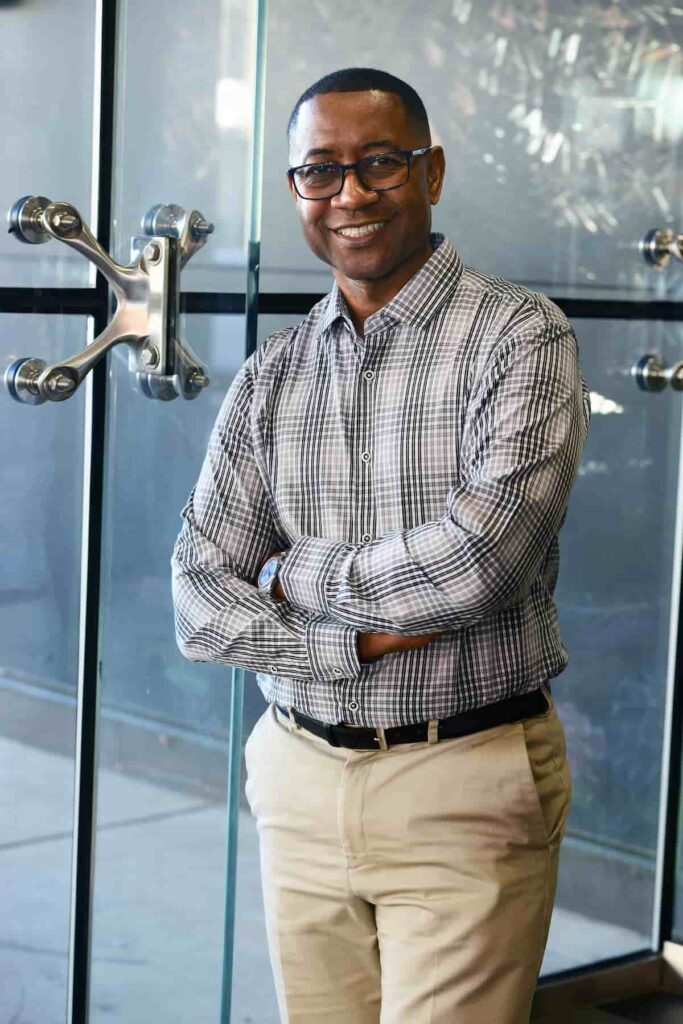
“The future of HR lies in creating people-centric experiences and embracing the whole person at work. Our role is to disrupt traditional practices and evolve with the needs of our workforce.”
A committed community advocate, Ovell has repaid all the scholarship money he received from non-profit organizations and established the “Barbee Book Club,” which funds books and supplies for four years of college for a local student. He describes himself as a “foodie” and a runner. Ovell’s interest in HR solidified during a “Personnel Management” course in his Masters in Social Work program. This introduction to what is now known as Human Resources provided clarity for his career path. Initially planning to become a news reporter, Ovell discovered the significance of the “interview” process, a critical aspect of his role as an HR Practitioner. Ovell’s human-centric approach to developing and leveraging workforce strategies distinguishes him as an HR leader. His dual experience as an HR and DEI leader offers a unique perspective on cultural considerations, allowing him to advocate effectively for those needing representation. His personal life story fosters empathy for the challenges team members may face within organizations.
Ovell is committed to lifelong learning, actively participating in educational forums as both a participant and presenter. He maintains his HR credentials and certifications, staying informed about HR trends, business practices, and personal growth opportunities. He believes in a holistic approach to learning, enhancing his contributions to HR. Throughout his career, Ovell has been a staunch DEI advocate. When asked to serve as Chief Diversity Officer in addition to his HR responsibilities, he embraced the challenge, learning the space and asking questions. His goal was to avoid offending anyone, and this dual role provided a unique vantage point, leading both HR and DEI initiatives.
Ovell recognizes the incredible value HR brings to organizations when established as a strategic partner. This involves understanding the business, industry, and providing data-driven recommendations for organizational strength and growth. To achieve this, Ovell positioned himself as a business leader with strong HR expertise, never restricting himself to the duties listed on a job description.
Ovell Barbee identifies silence as the most significant challenge he has faced in the DEI space. Without dialogue, there is no opportunity to learn and grow. He often encountered situations where discussions on racism, discrimination, or diversity were met with silence, especially from upper-management leaders. This silence stems from a fear of making people uncomfortable. Ovell believes that for real change to occur, individuals must learn to be comfortable being uncomfortable. He is deeply saddened by the anti-DEI sentiment prevalent across the country and emphasizes that the work is far from done. The statistics in communities nationwide indicate a continued need for organizations to invest in DEI initiatives to ensure all community members have opportunities to thrive.
Ovell’s leadership philosophy is centered on the question, “How will you be remembered?” He believes that leaders should make decisions and model behaviors aligned with the legacy they wish to leave behind. Embracing this philosophy allows leaders to shape their narrative and influence how they are remembered by others. Ovell approaches DEI initiatives by systematically reviewing policies, practices, and procedures, which he refers to as “the three P’s.” These areas often contribute to disparate outcomes. As a practitioner, he leverages data to highlight these outcomes and develop effective interventions. Using data helps eliminate emotionally charged debates and provides a factual basis for DEI discussions.
“True change requires us to be comfortable with discomfort. Silence in the face of inequality is not an option; dialogue and action are imperative.”
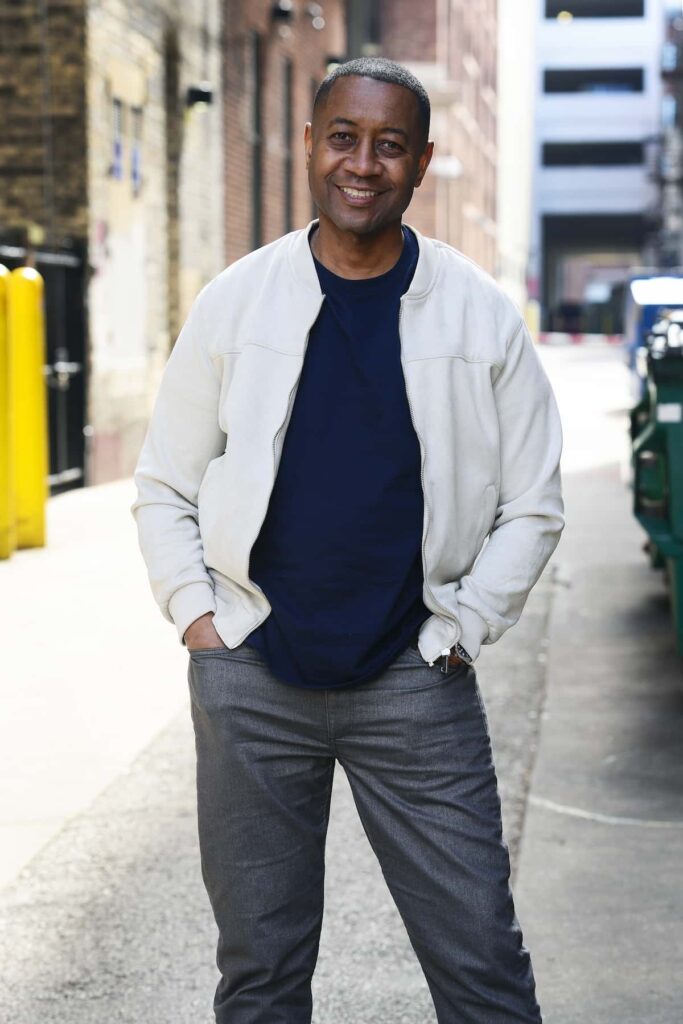
In his book, “The Big House,” Ovell discusses the future vision of HR. He believes that HR must evolve to retain and attract talent through disruption. This vision includes four primary components:
- People Experience: Employees want to bring their “whole selves” to work. HR should focus on creating people-centric experiences that consider the workforce’s needs and aspirations, including those of candidates.
- Engage & Include: Traditional HR focused on attracting, retaining, and rewarding employees. The new approach requires creating a diverse team that collaborates to share ideas and address business and individual challenges.
- Human-Centered: HR must emphasize the “human” in human resources, welcoming the whole person into the workplace and fostering a supportive environment.
- Individually-Focused: HR initiatives should provide a consistent structure while remaining flexible to meet individual needs. What matters most to one team member may differ for another, and HR must accommodate these varying priorities.
Ovell Barbee’s visionary approach to HR and DEI reflects his commitment to creating inclusive and supportive work environments where every individual can thrive.
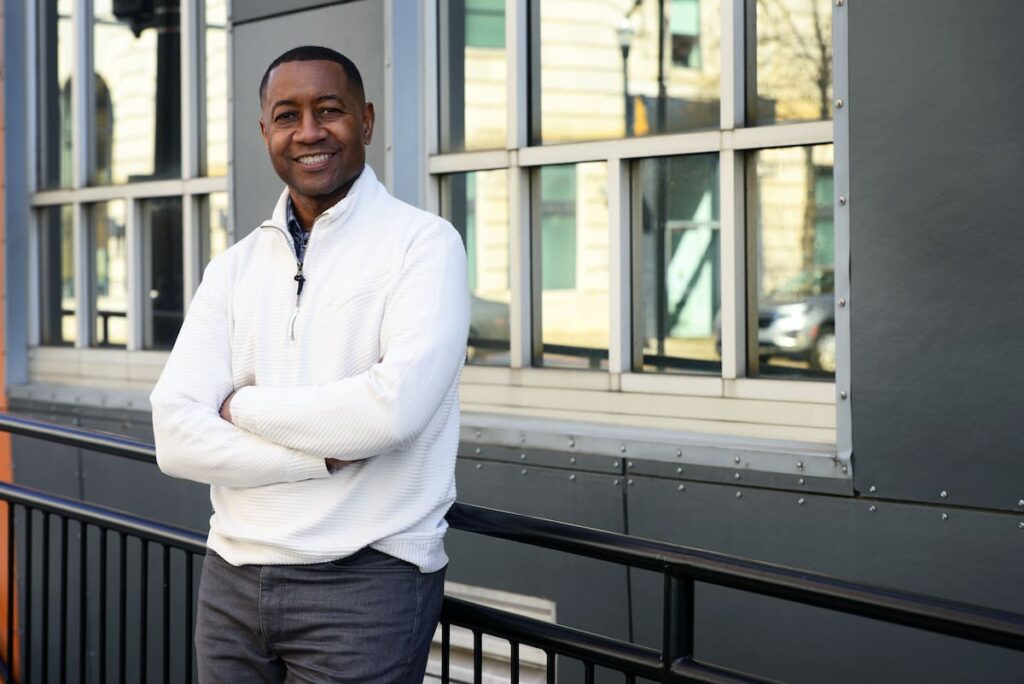
Ovell Barbee offers a forum on his website where people can ask questions they may feel uncomfortable asking HR colleagues at their workplace. This forum allows Ovell to provide opinions or perspectives to help individuals navigate workplace challenges. Questions are submitted on his website, and those with broad appeal are selected and developed into videos, which include a summary of the question and Ovell’s answer. Each segment concludes with his tagline, “You Better Ask Somebody!” This phrase emphasizes one of his mantras, “Use Your Voice,” encouraging people to speak up without fear of jeopardizing their employment. These videos can be viewed on his website, AskOvell.com, or on YouTube.
Ovell advises aspiring HR professionals to commit to lifelong learning and to maintain self-awareness. He highlights the importance of personal and professional growth and the effective use of time. Ovell stresses the significance of relationships and how they can be crucial for career advancement. Ovell sees HR as an ever-evolving field with increasing value to organizations. He identifies the biggest challenge as staying aware of technological advancements that could render certain skills obsolete. AI is a prime example of a technological advancement that HR professionals must learn to embrace and leverage. He emphasizes the importance of adapting to these changes to remain relevant and effective.

“As a leader, it’s crucial to align your decisions and behaviors with the legacy you wish to leave behind. Every choice shapes how you will be remembered.”
Inspiration Behind “The Big House”
Ovell’s book, “The Big House,” is inspired by his real-life experiences as an HR and DEI executive across various industries. The book provides essential advice on ending the silence, having difficult conversations about race and diversity, and creating environments where everyone can thrive. Designed to motivate, inspire, and inform leaders on building a human-centered workplace, the book reflects Ovell’s personal goals of strengthening communities and encouraging people to use their voices as catalysts for change. It combines a real-world perspective on the challenges he faced as a diverse leader, offering valuable insights and guidance for others.
